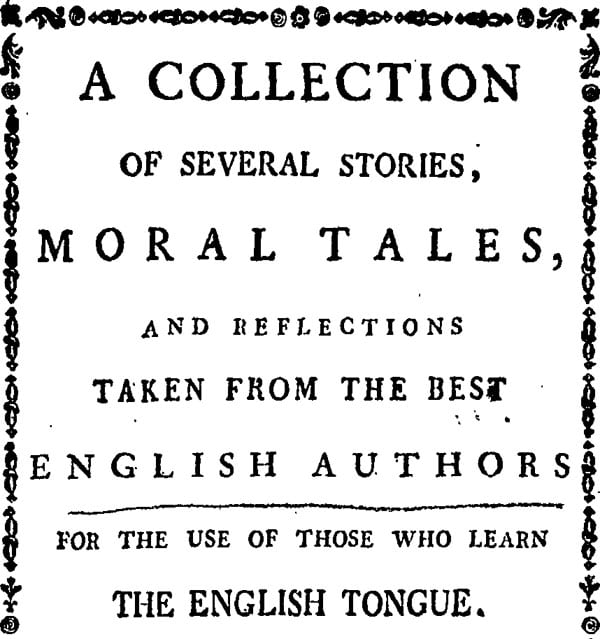
August 13, 2018; The Conversation
Nishat Babu, who lectures in Organizational Behavior at Aston University, published an intriguing piece in The Conversation yesterday about the weird concept of moral licensing, which essentially proposes that human beings observe a kind of an internal chit system when it comes to moral behavior, allowing ourselves moral slips almost as repayment for moments of true righteousness.
The examples she cites from her research are fascinating. “One study,” Babu writes, “showed that people who expected to engage in some future moral action, such as in a fundraiser or donating blood, were more likely to pick a white candidate over a black candidate as being suitable for a job.” This also can show up in so-called corporate responsibility, she writes, pointing out that Kenneth Lay, the former CEO of Enron, was also an avid philanthropist. Babu notes that Lay was certainly not alone in the coupling of bad and good corporate behavior.
One study that looked at moral licensing within an organizational context showed that prior corporate social responsibility of CEOs was linked to more corporate social irresponsibility later. Interest in moral licensing has even extended to areas such as energy conservation. This, she says, is consistent with a study of individuals who, when asked to conserve water, increased their consumption of electricity compared to a control group who were not conserving water.
The reactions of others to our licensing, however, can depend upon our points of view:
Sign up for our free newsletters
Subscribe to NPQ's newsletters to have our top stories delivered directly to your inbox.
By signing up, you agree to our privacy policy and terms of use, and to receive messages from NPQ and our partners.
One study looked at the reactions of individuals to a white speaker who made a potentially offensive comment directed at African Americans. When this comment was preceded by “I’m not racist or anything, but…”, the white people rated the speaker as slightly less racist, while the black people judged the speaker as more racist. And so, where the targeted group was concerned, they were less likely to license the speaker—causing the speaker’s initial claim of not being racist to backfire.
Babu says there is a converse kind of dynamic that also occurs in the act of “moral cleansing,” performing a good act to cancel a bad one. But all things in such cases are not equal.
There is some evidence to suggest that moral licensing seems to be apparent only for private transgressions, such as donating to charity privately as opposed to doing so publicly. It seems as individuals, we seek to protect, and in some cases even bolster our reputation through public displays of moral actions. And engaging in morally questionable behavior that we ourselves feel we have earned isn’t something we want to broadcast. Indeed, research has evidenced that those people who are publicly charitable do benefit from reputational enhancement.
Maybe we need to place a caveat at the end of our fundraising appeals, letting people know their donations are not a “get out of jail free” card when it comes to conducting themselves as responsible community members in other settings. Or we could be more explicit about absolution transactions. I am sure some fundraiser somewhere has thought this all through.—Ruth McCambridge













